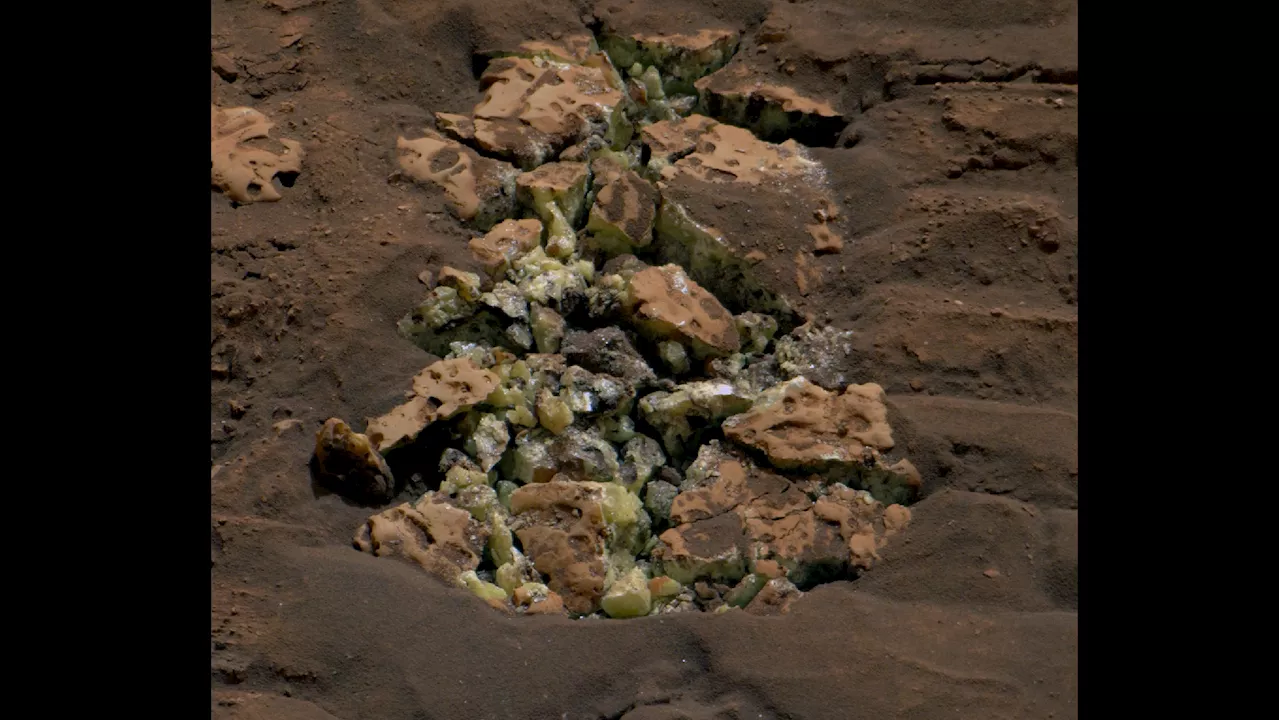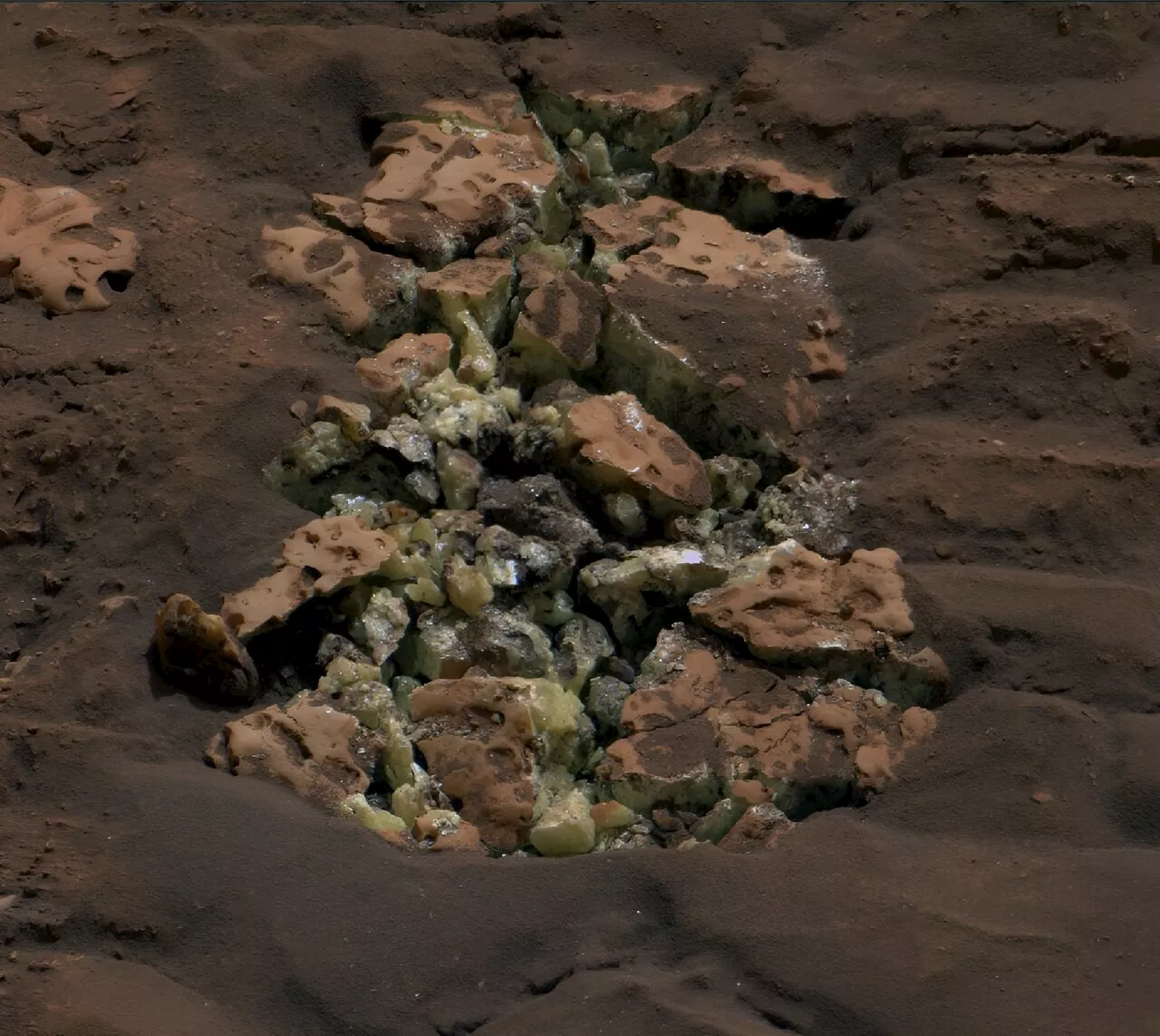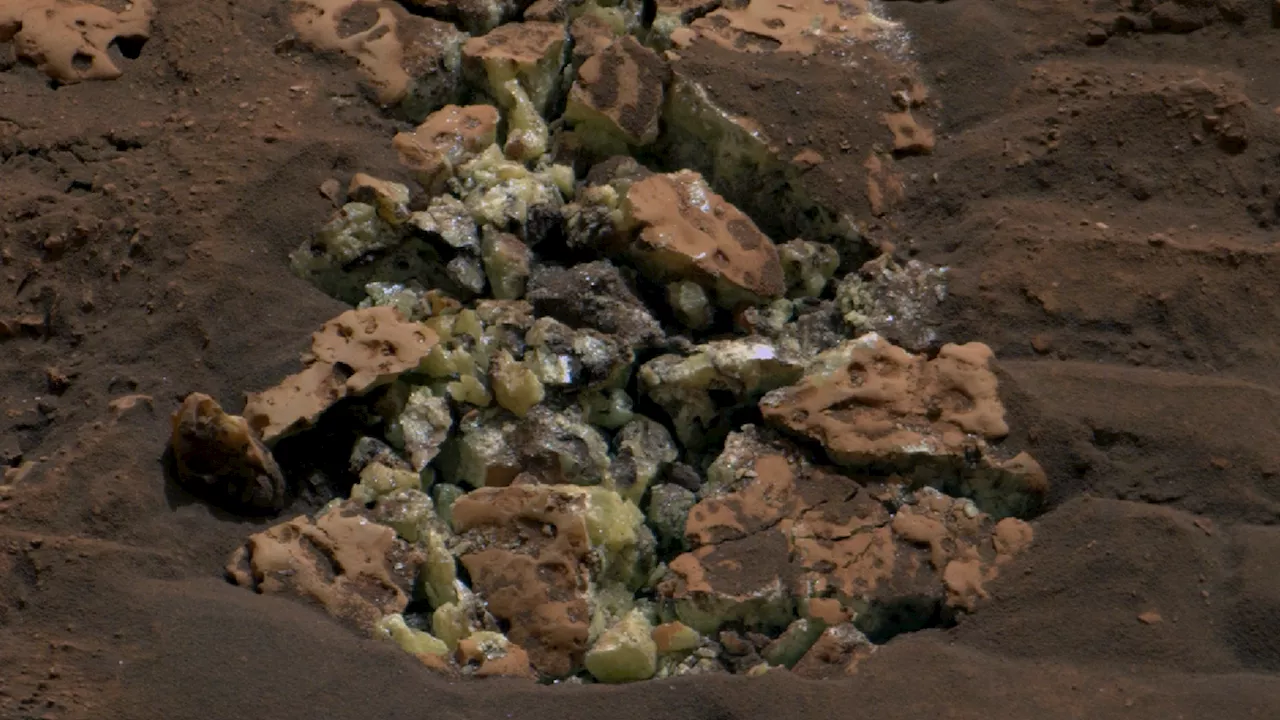Seismic speed data from NASA's decommissioned InSight lander strongly hints at the presence of liquid water on Mars.
NASA’s InSight lander may have retired over a year ago, but the data it sent back to Earth, specifically the seismic speeds of marsquakes, could contain the best evidence yet of liquid water on Mars.
“Understanding the Martian water cycle is critical for understanding the evolution of the climate, surface, and interior,” said Wright in a press release. “A useful starting point is to identify where water is and how much is there.”
United States Latest News, United States Headlines
Similar News:You can also read news stories similar to this one that we have collected from other news sources.
 How 'The Martian's Cinematographer Got a Key Role in 'Fly Me to the Moon'Tamera Jones is a writer and editor for Collider who specializes in big blockbusters, horror movies, popular IP franchises, action, and tons more.
How 'The Martian's Cinematographer Got a Key Role in 'Fly Me to the Moon'Tamera Jones is a writer and editor for Collider who specializes in big blockbusters, horror movies, popular IP franchises, action, and tons more.
Read more »
 Absolute Green Lantern And Absolute Martian ManhunterThe latest bits of Absolute gossip, and I remind you at this stage, this is all that it is, is that two other titles from the upcoming line will be Absolute Green Lantern and Absolute Martian Manhunter. And yes, that last one is slightly out of left field.
Absolute Green Lantern And Absolute Martian ManhunterThe latest bits of Absolute gossip, and I remind you at this stage, this is all that it is, is that two other titles from the upcoming line will be Absolute Green Lantern and Absolute Martian Manhunter. And yes, that last one is slightly out of left field.
Read more »
 NASA’s Curiosity Rover Discovers a Surprise in a Martian RockAmong several recent findings, the rover has found rocks made of pure sulfur — a first on the Red Planet.
NASA’s Curiosity Rover Discovers a Surprise in a Martian RockAmong several recent findings, the rover has found rocks made of pure sulfur — a first on the Red Planet.
Read more »
 NASA's Curiosity rover discovers a surprise in a Martian rockScientists were stunned on May 30 when a rock that NASA's Curiosity Mars rover drove over cracked open to reveal something never seen before on the Red Planet: yellow sulfur crystals.
NASA's Curiosity rover discovers a surprise in a Martian rockScientists were stunned on May 30 when a rock that NASA's Curiosity Mars rover drove over cracked open to reveal something never seen before on the Red Planet: yellow sulfur crystals.
Read more »
 'An oasis in the desert': NASA's Curiosity rover finds pure sulfur in Martian rocksSharmila Kuthunur is a Seattle-based science journalist covering astronomy, astrophysics and space exploration. Follow her on X skuthunur.
'An oasis in the desert': NASA's Curiosity rover finds pure sulfur in Martian rocksSharmila Kuthunur is a Seattle-based science journalist covering astronomy, astrophysics and space exploration. Follow her on X skuthunur.
Read more »
 Life-Hunting Perseverance Rover Just Found Its ‘Most Important’ Martian Rock YetNASA's Perseverance rover has stumbled upon an intriguing rock—one that suggests Mars was once capable of hosting microbial life.
Life-Hunting Perseverance Rover Just Found Its ‘Most Important’ Martian Rock YetNASA's Perseverance rover has stumbled upon an intriguing rock—one that suggests Mars was once capable of hosting microbial life.
Read more »
